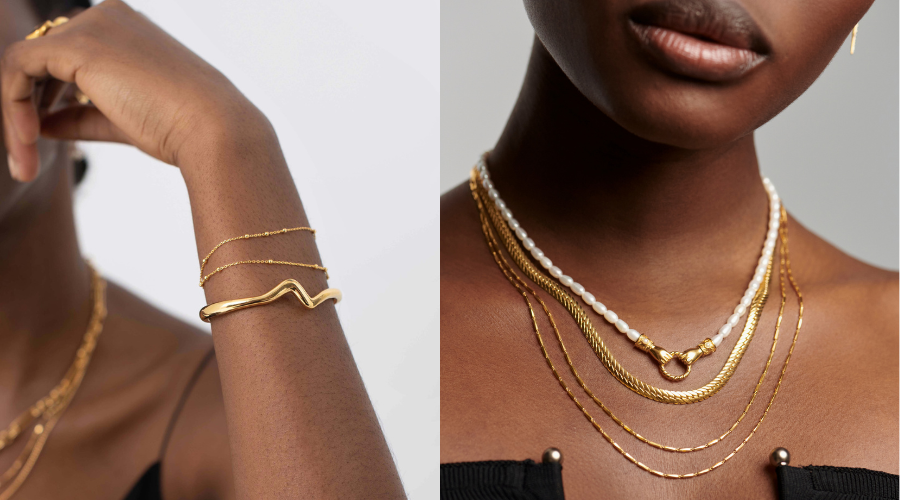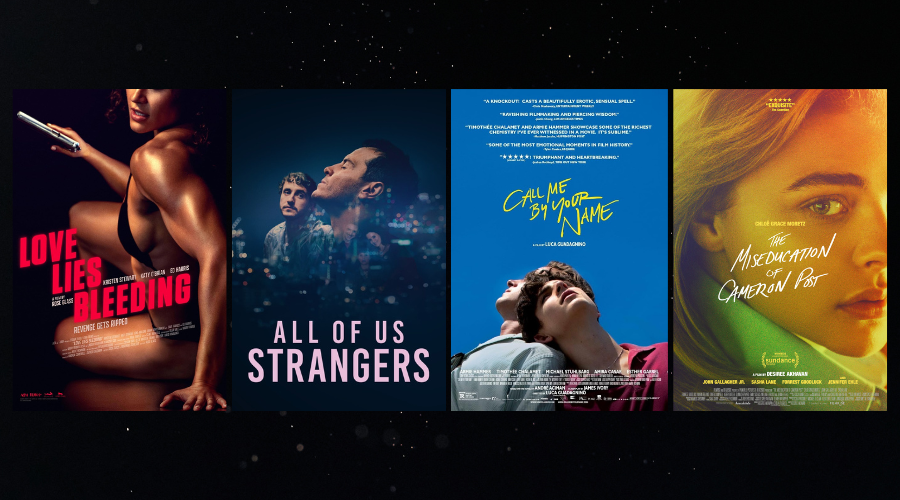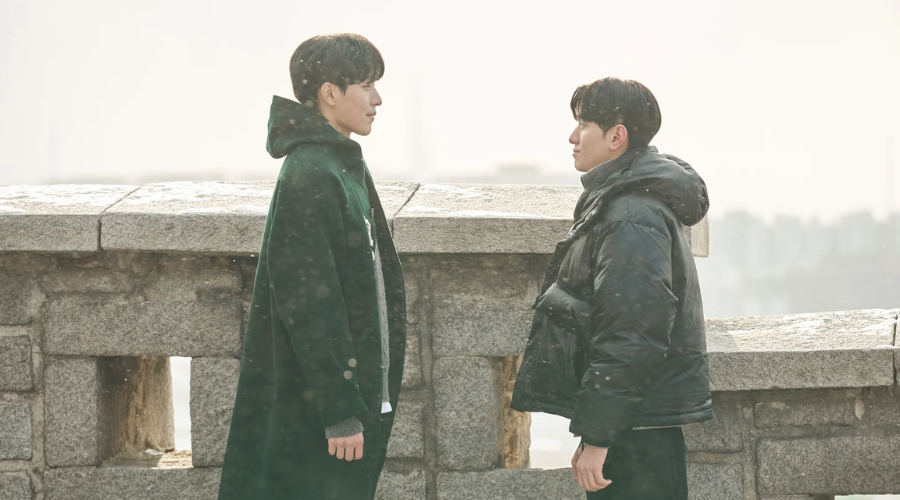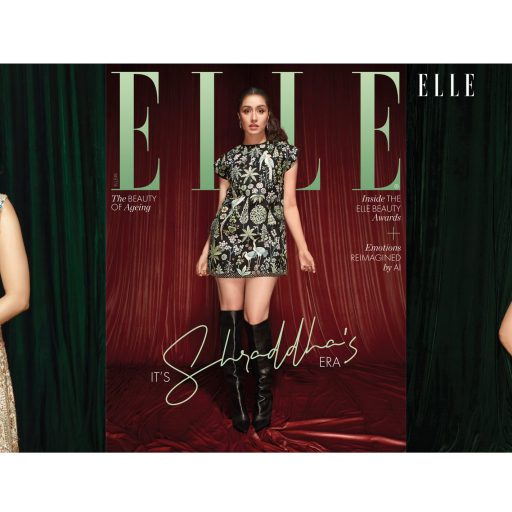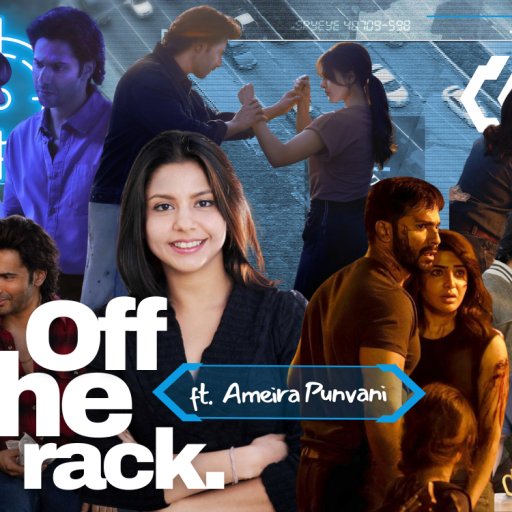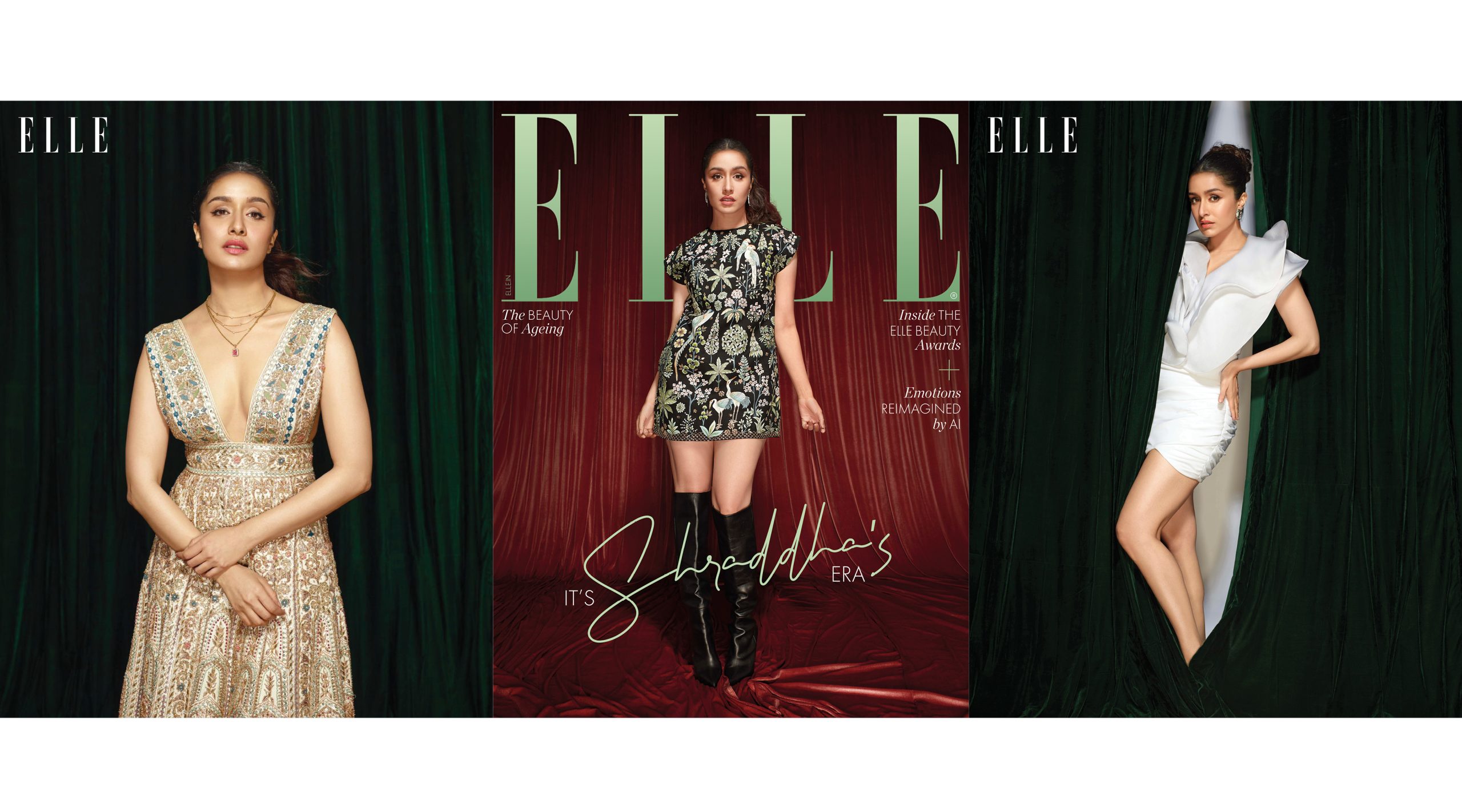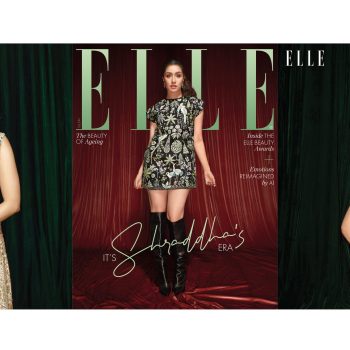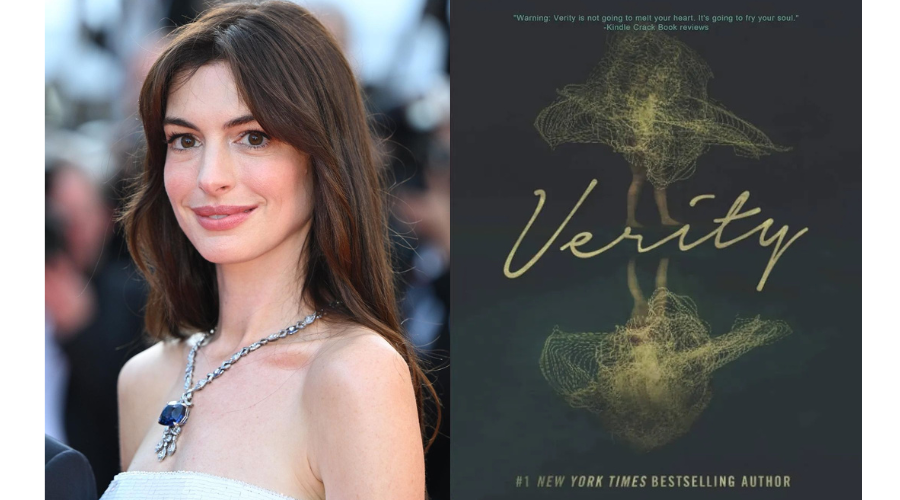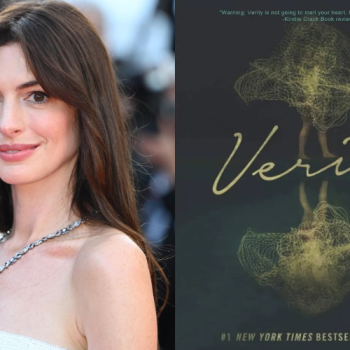What is it like to be gay in South Korea? You might wonder why I’m asking this question today. Recently, this has become a heated topic in the K-drama scene and Korean news portals due to the controversy surrounding the new BL K-drama Love in the Big City. The trailers of the series were taken down from YouTube following a massive hate campaign orchestrated by anti-LGBTQ+ groups.
Initially, viewers thought the removal was for re-editing, but it became clear that the backlash stemmed from accusations of the series “glorifying and promoting homosexuality.” Despite the negative comments, many hoped that the channel would continue to support the show. Fans are now rallying to promote it through word-of-mouth, recognising the cast and crew efforts to bring this important story to life.
At a recent press conference, lead actor Nam Yoon-su and writer Park Sang-young addressed the backlash. The series, based on Park’s Prix Medicis-nominated novel, follows a young gay man, Go Yeong, navigating personal growth and relationships. Park acknowledged the initial disappointment over the anti-LGBTQ+ sentiment but later viewed the controversy as an opportunity to raise awareness.
LGBTQ+ K-drama “Love in the Big City” Faces Protest from Religious Group https://t.co/VKFnwQFYTi pic.twitter.com/94D39feI0k
— KBIZoom (@kbizoom) October 14, 2024
As the series has finally hit the screens via Viki, it’s important to support K-dramas like Love in the Big City and its cast and crew, who have so much on stake to bring this story to us. And giving the recognition for their important work in bringing LGBTQ+ stories to the forefront. This series highlights the ongoing challenges faced by queer individuals in South Korea, where same-sex marriages and civil unions remain unrecognised. Although homosexuality is not criminalised, there are no laws protecting LGBTQ+ individuals from discrimination, leading to widespread social stigma and difficulties for those who are outed.
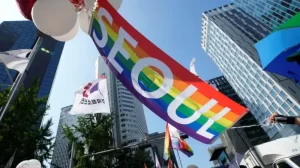
Korean culture is traditionally conservative, making discussions about sexuality taboo. While there is no legal discrimination against homosexuals, many face job loss, social ostracism, and violence. A recent acceptance scale survey indicated that South Koreans scored only three out of ten in accepting LGBTQ+ people, significantly below the average.
Earlier this year, we had a conversation with Dabit, a popular South Korean singer who is openly queer. He said, “Representation is important. And by representation, I do not just mean fantasy BLs or niches that play on stereotypes. I mean real queer people who have had to overcome genuine queer struggles to stand where they are now. I would have never had the courage to come out to my fans if it weren’t for openly gay artists like Troye Sivan, Holland, and Sam Smith leading the way.”
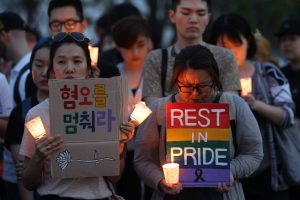
However, there are signs of change. Until 2004, it was illegal to depict homosexuality in South Korean media. This ban was lifted by the National Human Rights Commission, leading to increased visibility for the queer community in the media. More K-dramas now feature positive and complex LGBTQ+ storylines, helping to challenge stereotypes and promote acceptance.
The K-drama titled Nevertheless, released in 2021, is a notable example of this shift, showcasing a lesbian relationship between characters Sol and Jiwan. Their story is portrayed with nuance, capturing the joys and struggles of love while emphasising mutual respect and communication. The drama has received praise for its realistic depiction of queer experiences and has sparked discussions about LGBTQ+ issues in South Korea.
Overall, the growing representation of LGBTQ+ relationships in K-dramas reflects a broader societal shift, promoting understanding and acceptance within a traditionally conservative culture. As more series like Nevertheless and Love in the Big City emerge, they play a crucial role in fostering dialogue and visibility for the LGBTQ+ community in South Korea.
Here are some noteworthy K-drama titles that highlight this shift in representation:
Where Your Eyes Linger

This series follows the intense bond between Han Tae-joo, the heir to a conglomerate, and his loyal bodyguard, Hyeon-woo. As they navigate their deepening feelings for each other, the story delves into themes of class differences and unrequited love, offering a captivating exploration of their emotional landscape.
To My Star

Centering on the romance between popular actor Seo Joon and reserved chef Ji Woo, To My Star highlights the complexities of a same-sex relationship under the scrutiny of public life. The series beautifully captures themes of fame, self-acceptance, and the challenges that accompany love, making it a poignant watch for viewers.
Semantic Error
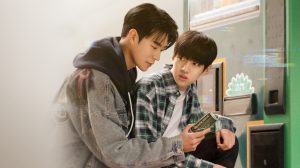
Based on a beloved webtoon, Semantic Error follows the rivalry between Sang-woo, a studious computer science major, and Jae-young, a free-spirited classmate. Their forced collaboration on a project leads to unexpected romantic developments, showcasing themes of growth, rivalry, and the sweetness of newfound love.
Color Rush
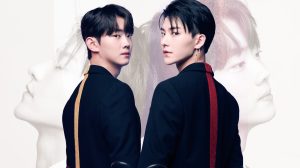
In this fantasy romance, a boy who can only see colours when near his soulmate embarks on a journey of emotional discovery. Color Rush blends the magical with the romantic, exploring destiny and the profound connections that can exist between individuals.
Nevertheless

Focusing on the romantic dynamics between two university students, Nevertheless explores the complexities of attraction and friendship. With its relatable characters and realistic portrayal of modern relationships, the drama highlights the intricacies of love and the struggles of self-acceptance.
Also, read: Stars And Storylines: We Asked AI To Assign K-Drama Personalities Based On Your Zodiac Sign
8 Swoon-Worthy Friends To Lovers K-Dramas That You Should Bookmark

